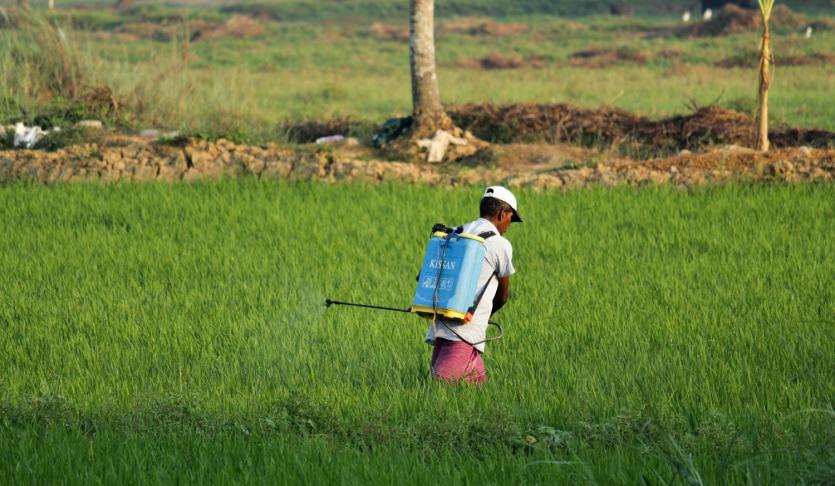Photo by Arjun MJ on Unsplash
By Patryk Krych | The World Daily | NOVEMBER 18th 2021
According to Greenpeace, around 3,900 tonnes of neonicotinoids, a pesticide known to cause extreme harm to bees, are due to be exported from the European Union and United Kingdom despite a ban being set in place against their outdoor use.
It was discovered that thousands of tonnes of the harmful neonicotinoid pesticides were set to leave the EU and UK by the investigative branch of Greenpeace – Unearthed. The chemicals were bound for lower-income nations where there are far softer regulations against the use of harmful pesticides; primarily destined for Brazil.
This is the highest form of double standards, exhibited by these EU countries,” said Claire Nasike, of Greenpeace Africa. “They are prioritising profits at the expense of the people and the planet. It is time for low- and middle-income countries to pass laws that protect their people and environment from these toxic chemical imports.”
Almost half of the exports were destined towards Brazil, with the others going towards South Africa, Russia, Ukraine, Iran, Mali, Singapore and plenty more. This isn’t likely to be the only instance of exports occurring since the ban, however, as aside from the UK – Belgium, France, Germany, Spain, Greece, Austria, Denmark and Hungary are all also likely to have exported pesticides into lower-income countries since it came into effect.
The ban on these bee-harming pesticides saw EU-wide effect on September 1 in 2020. It was largely welcomed by such groups as the World Health Organization and the Food and Agriculture Organization.
“Recent research focusing on neonicotinoid insecticides shows evidence of lethal and sublethal effects on bees,” wrote a report from the Intergovernmental Science-Policy Platform on Biodiversity and Ecosystem Services. Bees are known to be very important for the continued thriving of ecosystems all around the world.






